How to Stay in Touch Cheaply – and Securely – While You’re Here in Costa Rica
It’s easier than ever to stay in touch with your business associates and loved ones via your smart phone, tablet, or laptop while you’re here looking for Costa Rica real estate.
Communications is an important component for managing your life anywhere you live in the world. Its importance will be amplified when you travel or move to Costa Rica – especially if you have family, friends, and personal or business interests back home.
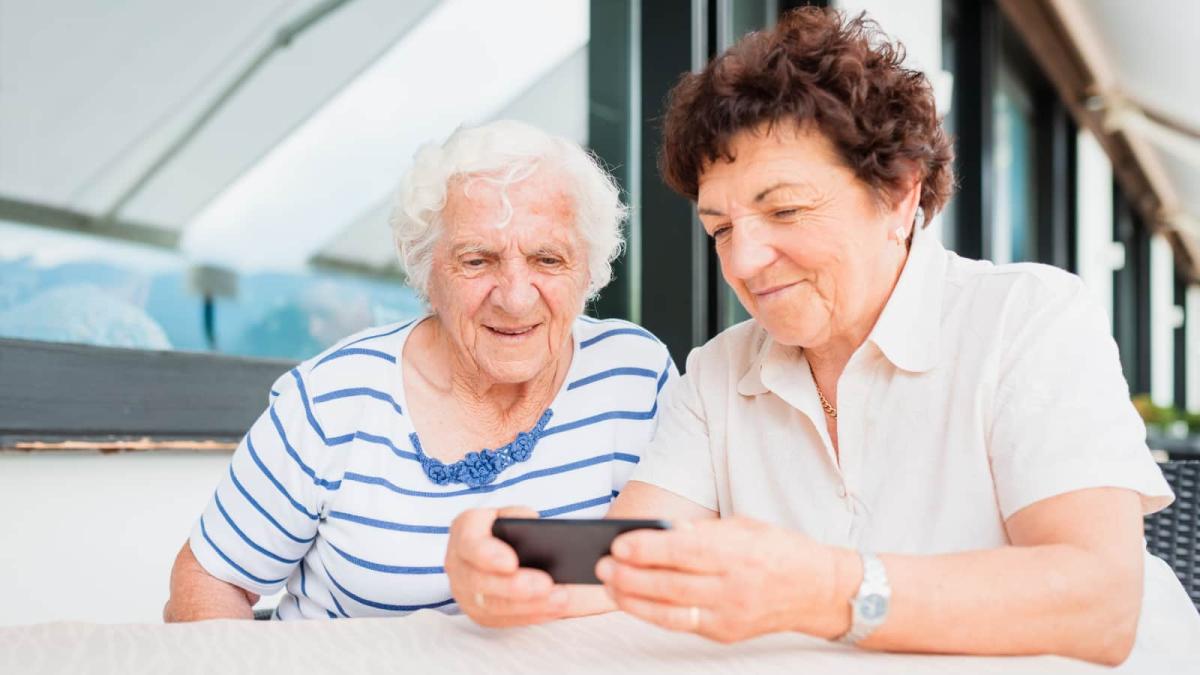 You’ll have to be in touch with your bank from time to time. You’ll have occasional emergencies you’ll have to deal with where email will be too slow. You may want to video call your grandkids on their 7th birthday. And even though texting has taken the world by storm, you’ll still want to be able to pick up the phone at times and talk to a real person. If you’re working remotely, you may have to video conference or share your computer desktop with clients or coworkers.
You’ll have to be in touch with your bank from time to time. You’ll have occasional emergencies you’ll have to deal with where email will be too slow. You may want to video call your grandkids on their 7th birthday. And even though texting has taken the world by storm, you’ll still want to be able to pick up the phone at times and talk to a real person. If you’re working remotely, you may have to video conference or share your computer desktop with clients or coworkers.
And, what about your USA Netflix account? Do you want to watch the same movies here in Costa Rica that you watch at home?
Welcome to the post COVID19 digital age. It’s a virtual world. And Costa Rica has it's own digital ecosystem. If you’re a foreign expat with ties back home and aren't techy, you’ll be a little techy after this. You’ll have to get smart about broadband, VPN’s, smart phones, and computer and mobile apps. Because they will be your lifeline between here and home.
I’ve put together a list of communications apps that will make your life much easier while you’re here and help to narrow the great geographical divide between your home country and Costa Rica – or wherever you may find yourself!
-
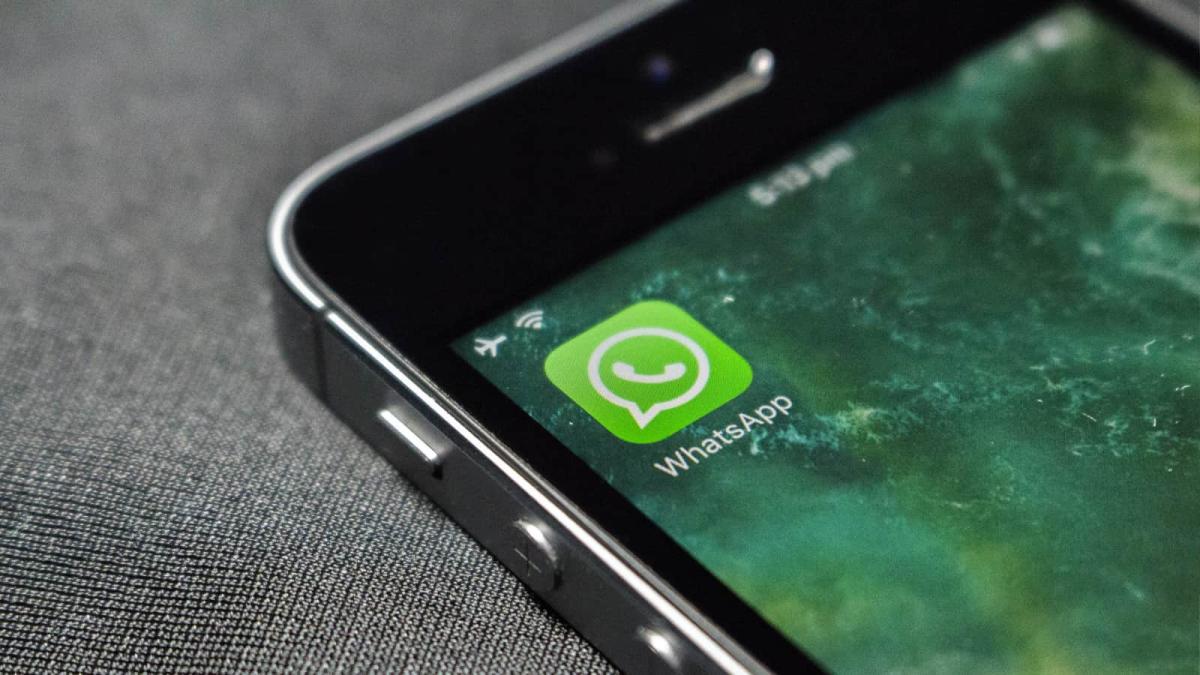 WhatsApp: The number one most used, recognized, and accepted communication app here in Costa Rica - and around the world! (Except in North America – and no one can explain to me why. It’s kind of like Imperial vs. Metric). End-to-end encryption, solid performance and reliability, wide adoption, video/voice/text messaging, groups and communities, and ease of use make this the communication tool you will use the most on a daily basis. And it’s FREE! All you need is a data connection.
WhatsApp: The number one most used, recognized, and accepted communication app here in Costa Rica - and around the world! (Except in North America – and no one can explain to me why. It’s kind of like Imperial vs. Metric). End-to-end encryption, solid performance and reliability, wide adoption, video/voice/text messaging, groups and communities, and ease of use make this the communication tool you will use the most on a daily basis. And it’s FREE! All you need is a data connection.
EVERYONE in Costa Rica uses WhatsApp! In fact, everyone outside of the USA and Canada uses WhatsApp (or Telegram if you're Russian). Get with the program. Tell your P's to download the free app and give them a video call from your dream lot. Set up a family or business group that you can customize. Send photos and videos to family and business groups to stay in close communication with multiple people at the same time.
Though Facebook owns WhatsApp, DO NOT confuse it with Facebook’s Messenger app. WhatApp is lightyears ahead of Messenger.
- magicJack and magicApp (for mobile): For those of us who need a US or Canadian telephone number, you can’t beat magicJack and magicApp for Voice over IP (VoIP). Select your phone number in any US state or Canadian province. You can even port an existing number if it’s available. The majicJack device plugs into a USB port on your computer. The magicApp resides on your smart phone. Free calls to the US and Canada from anywhere in the world for an annual subscription fee of $49.99. If you’re dialing outside of the US and Canada, you can purchase magicJack Prepaid Credits and pay pennies/minute to dial global destinations outside of North America. Prices and specials are always changing. Visit them on the web. Great app! I’ve had my US number for 15 years.
-
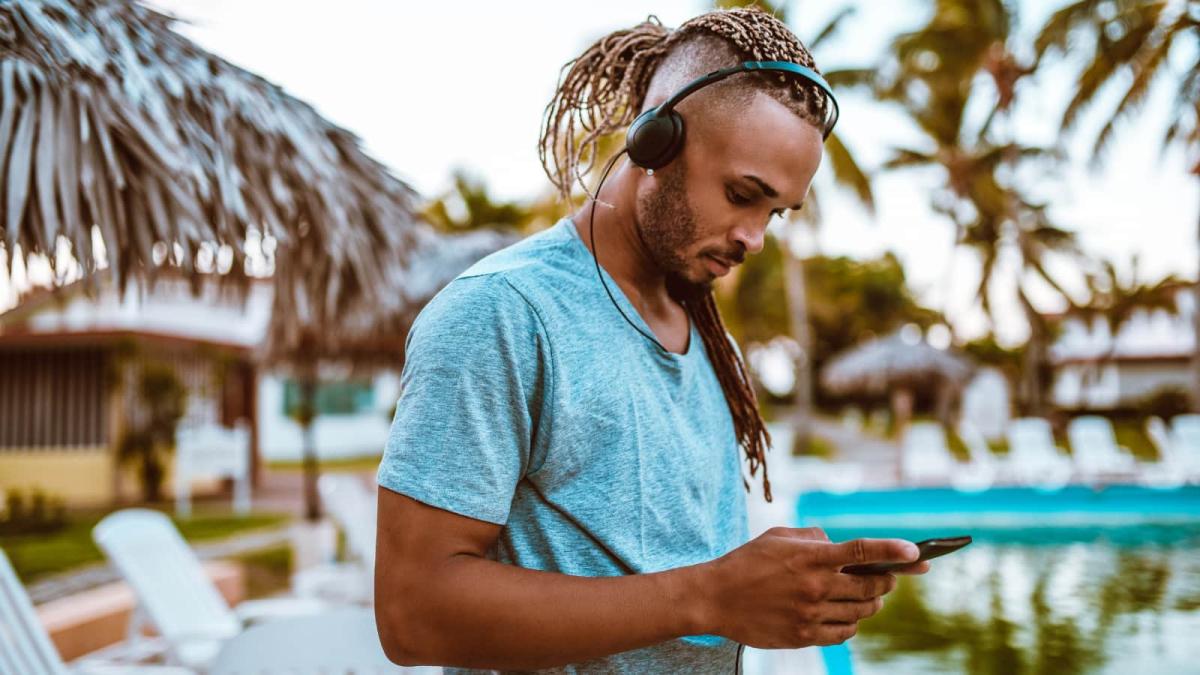 Skype: Before it was a mobile app, it was a computer program. Skype has been around for a long time and was the “go to” Voice over IP (VoIP) application of choice by many for more than half-a-decade. Since being purchased by Microsoft, it’s become somewhat cumbersome, and its performance has become less reliable. Be that as it may, it was adopted early by many, and lots of folks still use it – especially in business circles. Desktop sharing for digital nomads is a nice feature you can’t get with WhatsApp or magicApp. The basic version of Skype is also FREE.
Skype: Before it was a mobile app, it was a computer program. Skype has been around for a long time and was the “go to” Voice over IP (VoIP) application of choice by many for more than half-a-decade. Since being purchased by Microsoft, it’s become somewhat cumbersome, and its performance has become less reliable. Be that as it may, it was adopted early by many, and lots of folks still use it – especially in business circles. Desktop sharing for digital nomads is a nice feature you can’t get with WhatsApp or magicApp. The basic version of Skype is also FREE.
Similar to magicApp, Skype to Phone subscriptions are available that allow you to call good ol’ regular telephone numbers. You can get unlimited minutes mobile and landlines subscriptions for as little as $2.54/month.
-
FaceTime: If you have an iPhone, you already know what it is. Video, voice, and texting using VoIP. If you have an Android, you should get WhatsApp.
-
Zoom: Perhaps you were living under a rock during the COVID19 pandemic and didn’t hear about Zoom. This video conferencing app went from virtually unknown to becoming the industry standard for remote conferencing in about two weeks. Basic (FREE), Pro, and Business plans available.
- Telegram: If you're Russian.
VPN’s: Staying anonymous and secure in the world of open networks and FREE WiFi.
With all of the mobile and computer apps out there the world is ever-increasingly more reliant on having broadband and mobile internet connectivity 24/7, 365. Land lines are a (mostly) things of the past (though, not in Costa Rica, where ADSL internet over telephone lines is still widely available).
We pay our bills, make bank transfers, purchase goods on Amazon.com, send email, text messages, photos, and videos, via our computers and smartphones constantly. At least, most of us do. Some of that information is sensitive and may contain private data such as browser history, documents, usernames, and passwords.
With all of the palm trees and beautiful beaches around you, it's easy to forget that identity theft is as prevalent here as it is anywhere else in the world.
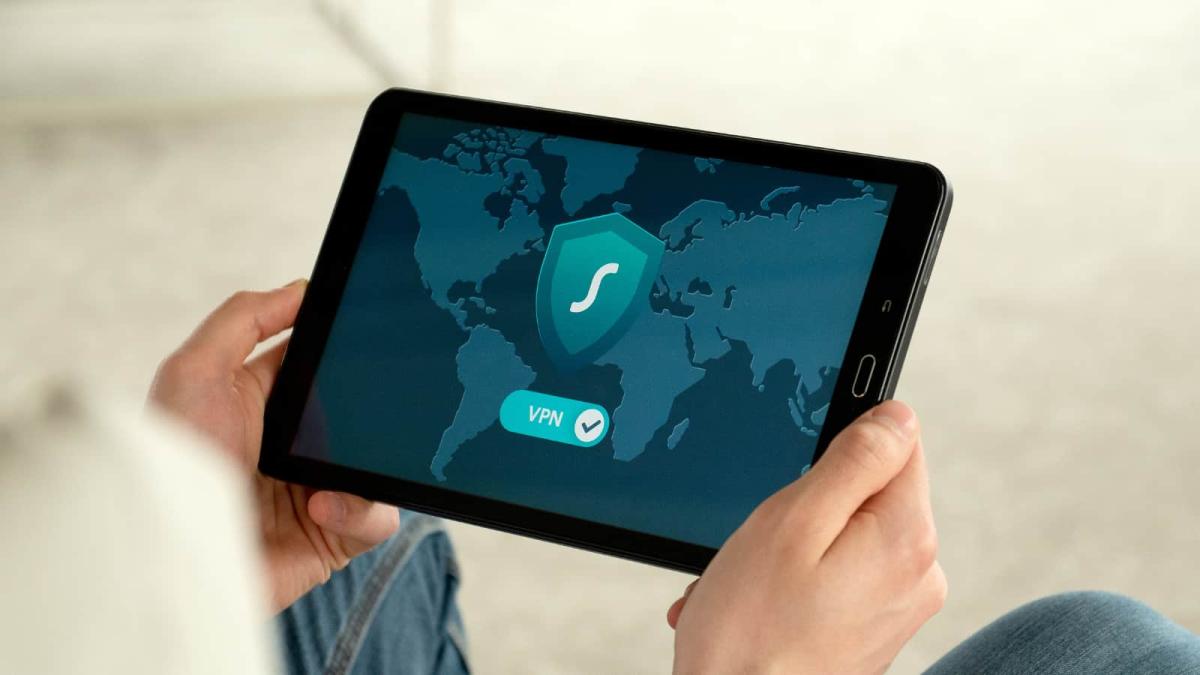 Chances are you’ll find yourself on an open, unsecured network as you travel around Costa Rica in search of your dream property. It might be in a restaurant, airport, VIP Lounge, supermarket, bar, or even your lawyer’s office. Just because a WiFi network requires you to use a password does NOT mean it is secure. A network is only as "secure" as the people connected to it. Anyone with the WiFi password and the right app can potentially hack you and gain access to your personal information.
Chances are you’ll find yourself on an open, unsecured network as you travel around Costa Rica in search of your dream property. It might be in a restaurant, airport, VIP Lounge, supermarket, bar, or even your lawyer’s office. Just because a WiFi network requires you to use a password does NOT mean it is secure. A network is only as "secure" as the people connected to it. Anyone with the WiFi password and the right app can potentially hack you and gain access to your personal information.
So, making it hard for sniffers and hackers to get the best of you should be at the top of your list if you’re regularly engaging in online activity – whether it be from your computer, tablet, or smart phone.
Enter the Virtual Private Network (a.k.a. VPN). A VPN essentially creates a virtual cable between a computer and a server. That virtual cable creates a tunnel that encrypts any data that passes through it. This prevents hackers, ISP’s (Internet Service Providers), governments, or anyone else from viewing your online activity.
VPNs use a security protocol that protects any information that passes through the server. Encryption goes hand in hand with the security protocol. This feature guards your data by encrypting it. So, even if a hacker or someone else gets a hold of your data, they won’t be able to decipher it.
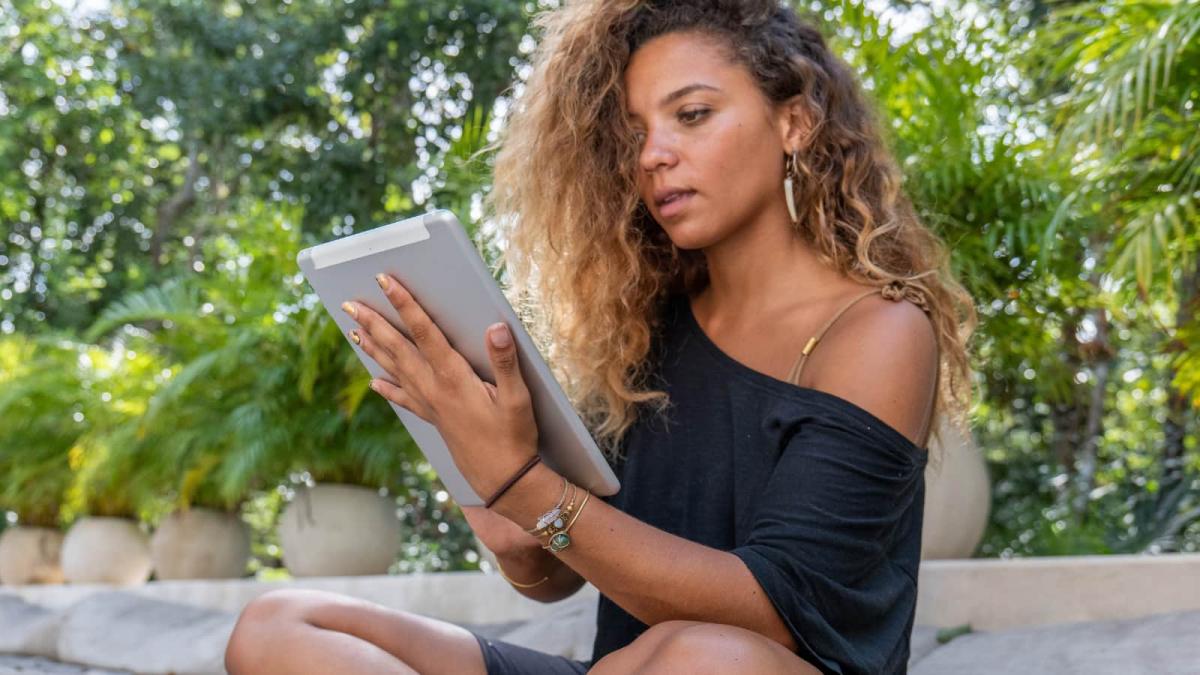 When you use a VPN, your data first goes to the VPN’s server, and then the VPN sends it to the intended server. This is important because when you ping a server for a website, you constantly send data back and forth over that connection. If you insert a VPN in the middle, your request for the website goes to the server, but your data only moves between your device and the VPN’s server (which is also through an encrypted tunnel). Therefore, the intended server does not receive any of your information.
When you use a VPN, your data first goes to the VPN’s server, and then the VPN sends it to the intended server. This is important because when you ping a server for a website, you constantly send data back and forth over that connection. If you insert a VPN in the middle, your request for the website goes to the server, but your data only moves between your device and the VPN’s server (which is also through an encrypted tunnel). Therefore, the intended server does not receive any of your information.
This is how VPN users remain anonymous online. This is also how VPNs can change your location to unblock certain websites.
Feeling techy yet?
Here's the bottom line on why you want to use a VPN – not just here in Costa Rica, but anywhere you may find yourself in the world. Using a VPN on your computer and mobile device – no matter what app you’re using – is the simplest, easiest, and least expensive way to boost your security and anonymity and avoid being sniffed or hacked.
What can a VPN do for you?
It can unblock content. Let’s say you’re in Costa Rica and you want to watch a movie from Netflix’s US library. If you going through your Costa Rica ISP’s server, the content will be blocked because Netflix knows you’re in Costa Rica based on your IP address. By selecting a VPN server in the US, you appear like you’re there and can then access Netflix’s US library.
It can hide your IP address. That means governments, ISPs, and hackers can’t see your actual physical location.
It can save you money. Did you know that websites change prices depending on what country you’re located in? If you want to buy a plane or hotel ticket – or even arrange an Uber pickup – a VPN can save you a lot of money.
It will encrypt your data. Encrypting your information is incredibly useful so if anyone does somehow break your connection, your information won’t be compromised. Encrypting your data also protects you from an unsecured network connection. So, if you ever connect to a public WiFi network, a VPN comes in handy.
 Installing a VPN app on your PC, tablet, and smart phone will give you the peace of mind that any data you’ll be transmitting over the internet will be secure and encrypted – no one can sniff you or steal your personal information. It will also allow you to pretend like you’re in your home country when you’re really at the beach in Playa Hermosa, Guanacaste – and that opens certain doors that would normally be locked without using a VPN.
Installing a VPN app on your PC, tablet, and smart phone will give you the peace of mind that any data you’ll be transmitting over the internet will be secure and encrypted – no one can sniff you or steal your personal information. It will also allow you to pretend like you’re in your home country when you’re really at the beach in Playa Hermosa, Guanacaste – and that opens certain doors that would normally be locked without using a VPN.
VPN apps are readily available on the internet. Some of the best VPN apps are Express VPN, NordVPN, Hide My Ass (HMA), IP Vanish, Surfshark, purevpn, Hotspot Shield, and CyberGhost. Monthly and yearly subscriptions are available at very reasonable rates, and you should be able to use a single license to install the app on multiple devices (laptop, desktop, smartphone, tablet).
You have to make it as difficult as you can for them and as easy as you can on yourself. Get WhatApp and a VPN! Enjoy encrypted communications and an added level of digital security while you’re on the road here in Costa Rica.







